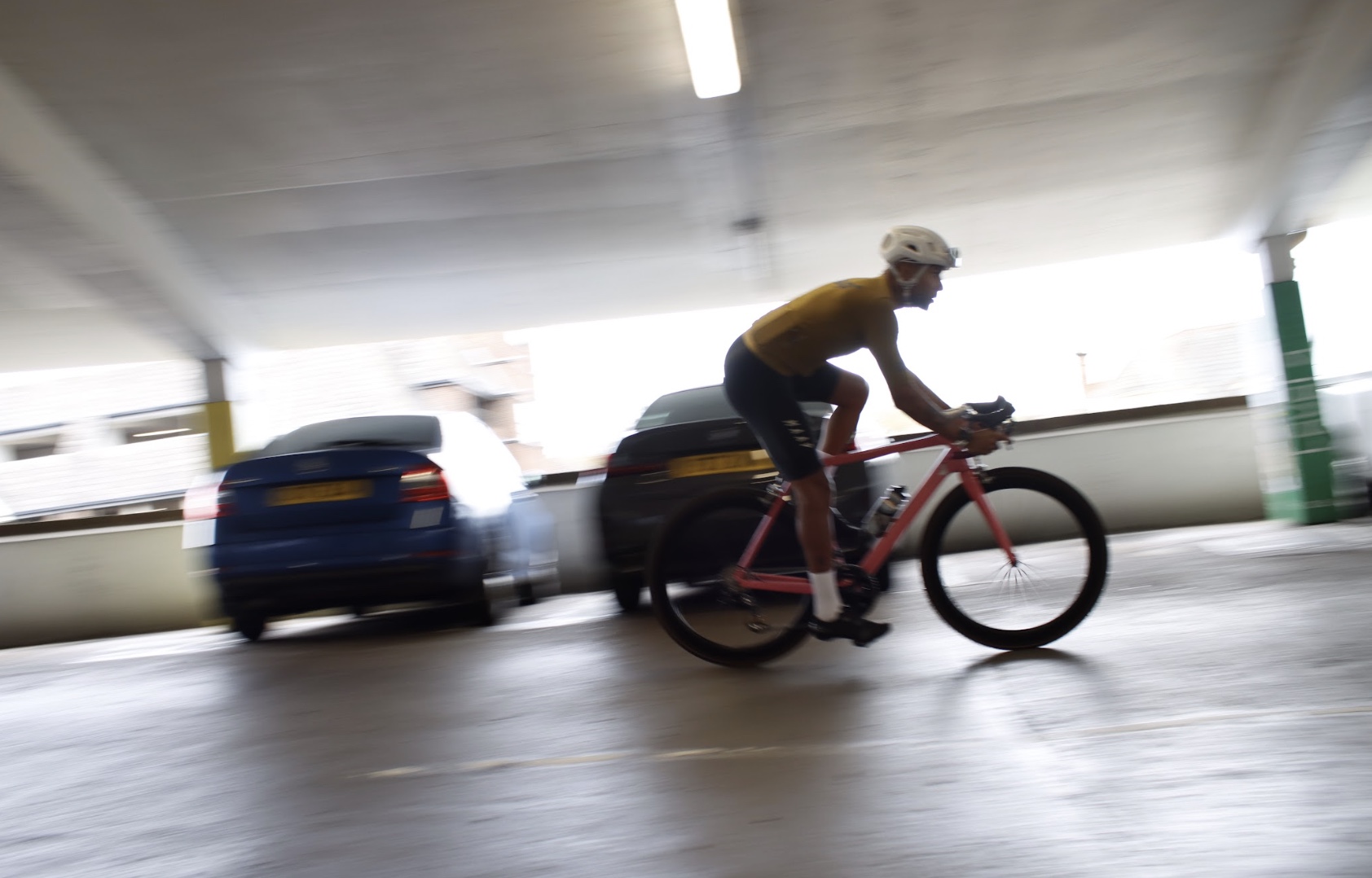When considering transportation options, many people automatically think of cars as the go-to solution. However, with rising fuel prices, environmental concerns, and the increasing availability of alternative modes of transport, investing in a bike or E-bike can be a smart financial decision. Let’s break down the cost benefits of buying a bike or E-bike instead of a car.
1. Upfront Costs
Car: The average cost of a new car in the UK is around £25,000 to £30,000, with used cars still costing several thousand pounds. This doesn’t even include optional features, insurance, and taxes, which can significantly add to the initial investment.
Bike/E-Bike: A quality road bike costs anywhere from £500, while an E-bike typically ranges between £2,000 and £6000. Even at the higher end of the E-bike spectrum, the initial purchase cost is still much lower than that of a car.
2. Running Costs
Car: Cars come with ongoing costs such as fuel, insurance, road tax, MOTs, servicing, and parking fees. Fuel alone can cost between £1,000 to £2,500 annually, depending on how much you drive. Insurance premiums, road tax, and general maintenance could easily add another £1,000 or more per year.
Bike/E-Bike: Bikes require minimal ongoing expenses. Routine maintenance costs for a bike are about £50-£150 per year. E-bikes require occasional battery charging, which costs only a few pounds annually in electricity. There’s no road tax, no insurance (though bike insurance is recommended and inexpensive), and no fuel costs.
3. Environmental Benefits
While this isn’t a direct financial saving, choosing a bike or E-bike over a car has significant environmental benefits. Bicycles produce zero emissions, and E-bikes are vastly more energy-efficient than cars. These environmental advantages can also translate into financial incentives. Many governments offer tax breaks or rebates for buying an E-bike through initiatives like the Cycle to Work scheme, which can make your purchase even more affordable.
4. Health Benefits
Owning a bike can improve your physical health. Regular cycling strengthens your heart, improves fitness, and helps manage stress. Staying healthier and more active is a priceless bonus.
5. Avoid Congestion and Parking Fees
Car: Driving in cities often means battling traffic, paying tolls, and spending on parking. In busy urban areas, parking alone can cost £10-£50 per day.
Bike/E-Bike: With a bike, you don’t need to worry about parking fees or congestion charges. You can park almost anywhere for free, and you’ll often find that biking is quicker than driving in congested areas.
6. Resale Value and Depreciation
Car: Cars depreciate rapidly—most lose 20-30% of their value within the first year and up to 60% after five years. This is a significant hidden cost when you eventually decide to sell or trade in your vehicle.
Bike/E-Bike: While bikes and E-bikes do depreciate, their loss in value over time is far less dramatic. Additionally, they tend to hold their value well if maintained properly, meaning you can recover a good portion of your investment when upgrading or selling.
7. Time Savings
Though time isn’t a direct financial cost, it can have significant value. Biking can save you time in congested cities, where cyclists can often navigate through traffic more easily than cars. Plus, avoiding the time spent looking for parking or sitting in traffic can add extra value to your day.
Conclusion: Biking Saves You More Than Just Money
When compared side by side, bikes and E-bikes are dramatically more cost-effective than cars. With lower upfront costs, minimal maintenance, and the absence of fuel and parking fees, a bike or E-bike represents an affordable and environmentally friendly option. For shorter trips and urban commuting, switching to cycling could save you thousands each year, improve your health, and significantly reduce your carbon footprint.




